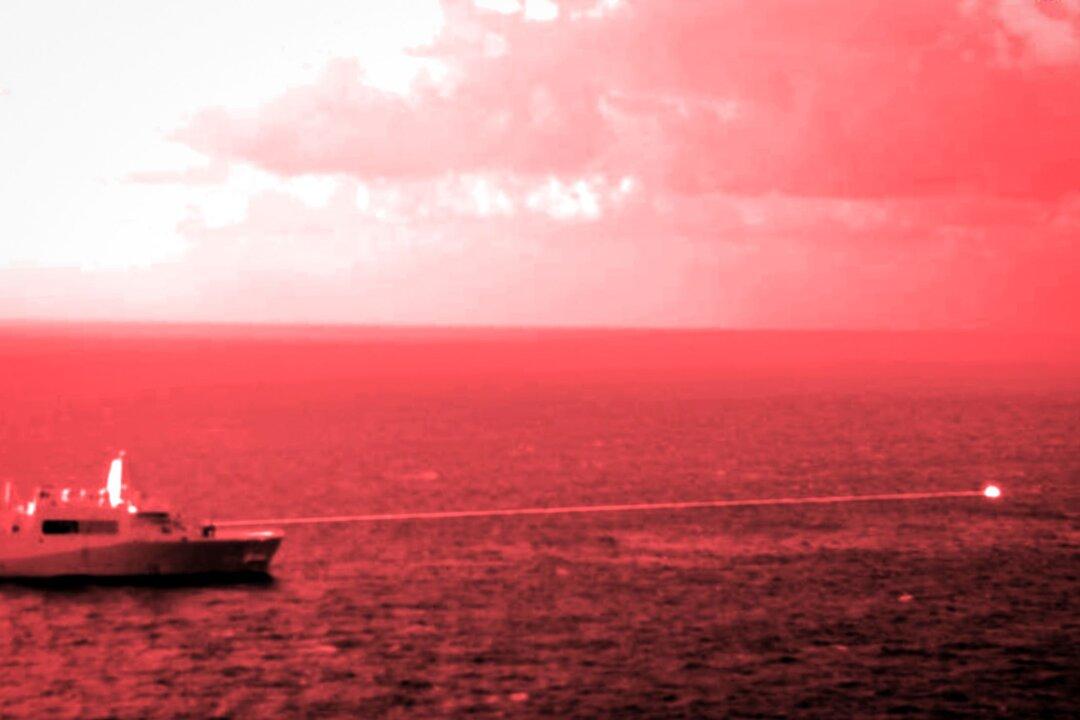A conflict with China in the Pacific would tax the U.S. military’s logistical ability to supply and sustain itself in extreme ways, according to the second-highest ranking officer of the United States Marine Corps.
“While our pacing threat is China, our pacing challenge or pacing function is logistics,” said General Eric Smith, the assistant commandant of the Marines.




